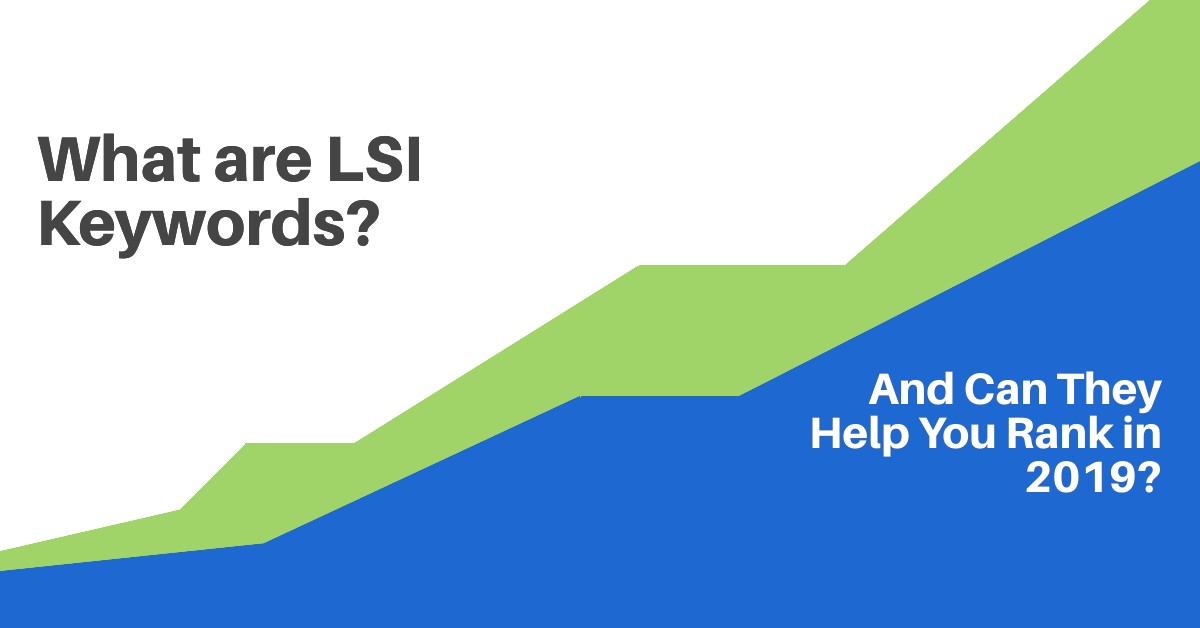Anyone who runs a business nowadays will be aware of the power of the internet and the need to harness that power. Just about everyone also knows that the key to success lies in ranking highly on Google searches, and it’s pretty common knowledge that relevant SEO keywords are the way to do it.
However, what fewer people realize is how vital LSI keywords can be in making that all-important first page when someone runs a search.
[emaillocker id="282"]
What are LSI keywords?
LSI stands for Latent Semantic Indexing and is related to the “hidden” links between words – and it’s one of the ways to show search engines you are able to provide them with the most relevant results to users queries.
Language relies heavily on context. English, like most languages, has many words with multiple meanings. Without context, we wouldn’t know which meaning was intended.
Take, for example, the acronym “PC”. The first thing you think of is probably related to computers, yet PC can also refer to political correctness or even, in the UK, a police constable. If “PC” comes up in a conversation, you’ll automatically understand which you’re talking about – but with no context, there’s no way to know.
How do search engines use LSI?
The simple answer is that LSI isn't used by modern search engines to create their results but are used by you and me to rank in the SERPs. Multiple tests have shown that making your content topically relevant by using semantic keywords throughout your content help you rank higher.
By making sure you have the right terms for the search engine to look for, there is no doubt it will give your rankings a boost.
Semantics is one way a search engine solves the relevancy problem. If we’re talking about personal computers, you might expect an article to also include “laptop”, “RAM”, “processor” and other similar words somewhere in the text.
However, if “PC” referred to political correctness, you might find terms like “offend”, “sex”, “religion” or “Donald Trump”.
The occurrence of these words in the same article provides the clue that tells the search engine what it’s about and if it’s what someone is looking for.
So how does it benefit you?
From this, it’s clear that to maximize your chances of ranking highly, you need to show semantic relevance by inserting topically relevant keywords in your content to complement your main keywords. Without them, Google will have trouble understanding what your content is about.
To stack the cards in your favor, you want to give Google as much help as you can.
Where do you get topically relevant keywords?
TopicalRelevance.com is a powerful new tool that can tell you exactly which words you need to include in your content to supercharge your ranking.
We provide a free service on our homepage and if you want to increase your company’s visibility, you need the right semantic keywords on your page.
Take your content to the next level, supercharge your relevance.
[/emaillocker]
